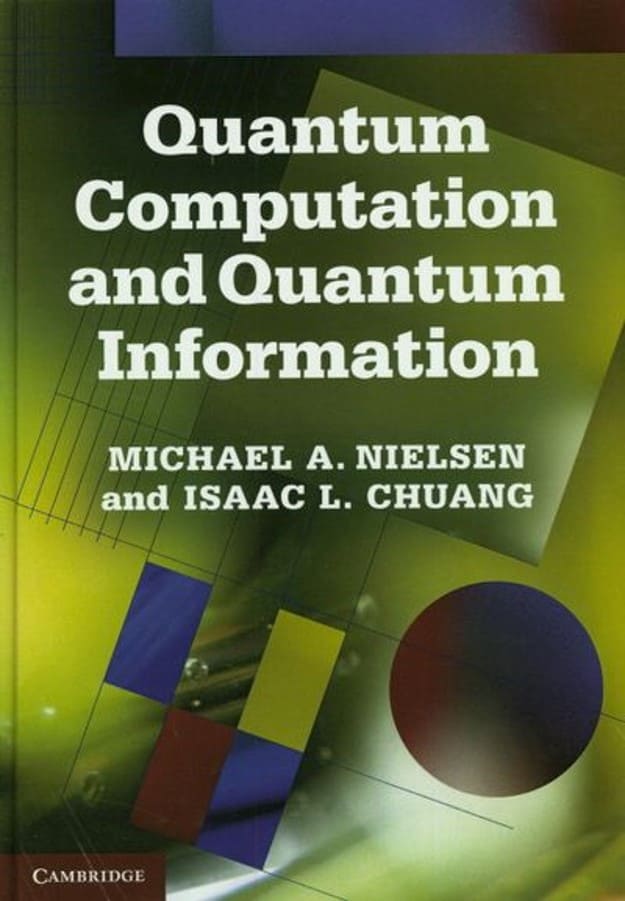Introduction to Quantum Computing and Information
Quantum computing and quantum information
Spring Semester 2021
This course sparked my initial interest in quantum computing and quantum information, and has been the driving force behind my continued studies in these fields.
Learned topics are as below.
Review of Linear Algebra Review of linear algebra, focusing on linear vector spaces, inner products, linear operators, and concepts like Hermitian and unitary operators. The review sets the foundation for understanding quantum mechanics and quantum computing. Topics such as eigenvalues, basis transformations, and operator diagonalization are also covered.
Introduction to Quantum Mechanics and Quantum Circuits Core postulates of quantum mechanics are introduced, leading into quantum circuits. Qubits, quantum gates (including 2-qubit gates), and essential quantum operations like the tensor product. Concepts such as the uncertainty principle, no-cloning theorem, and entanglement are also discussed.
Quantum Circuits and Algorithms Quantum circuits and quantum algorithms, focusing on teleportation, the Toffoli gate, and quantum parallelism. Key quantum algorithms such as Deutsch’s algorithm, Grover's search algorithm, and Shor’s algorithm are covered, along with quantum Fourier transform (QFT).
Quantum Programming Practical aspects of quantum computing through an overview of quantum computing services and programming, applying theoretical knowledge to real quantum computing platforms.
Quantum Cryptography and Error Correction Quantum cryptography, including the BB84 protocol and CHSH and E91 protocols, are explored in depth. The course also touches on quantum error correction codes, and classical computational theory, including RSA and the Church-Turing thesis.
Quantum Information Theory The final weeks focused on quantum information theory, including topics such as density matrices, Schmidt decomposition, fidelity, and entropy. The course also discusses the minimal energy required to erase a bit, relating classical and quantum information concepts.
